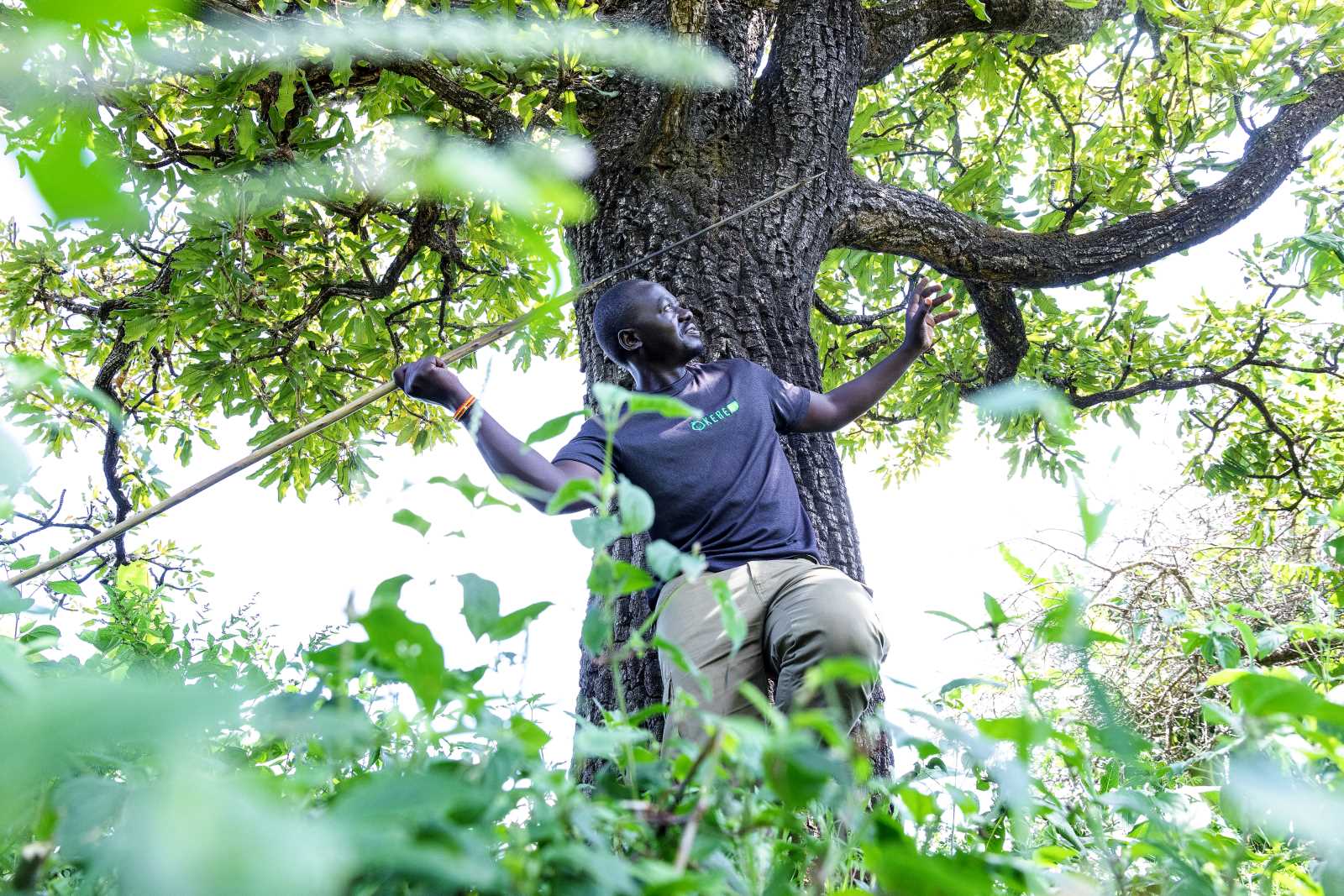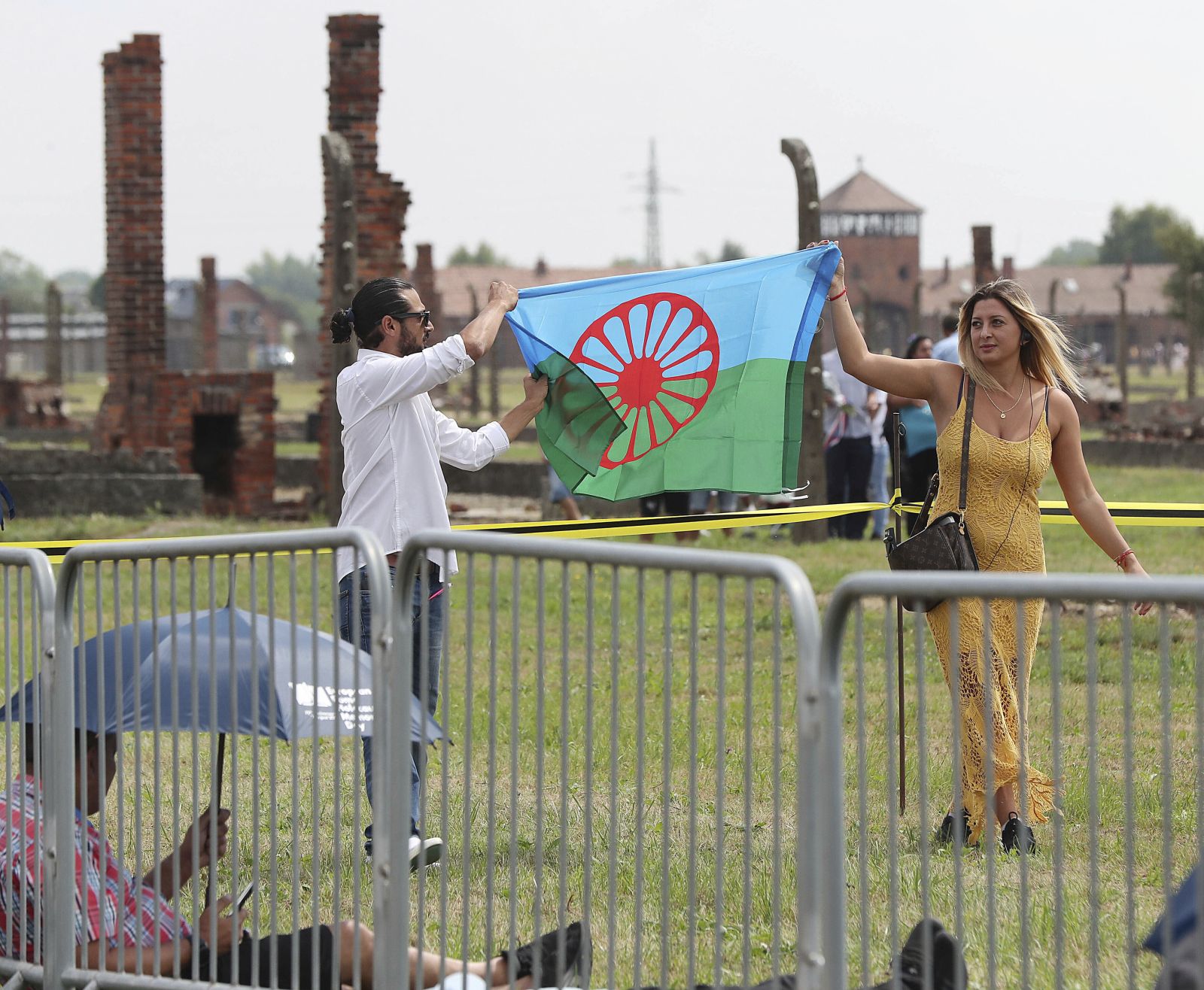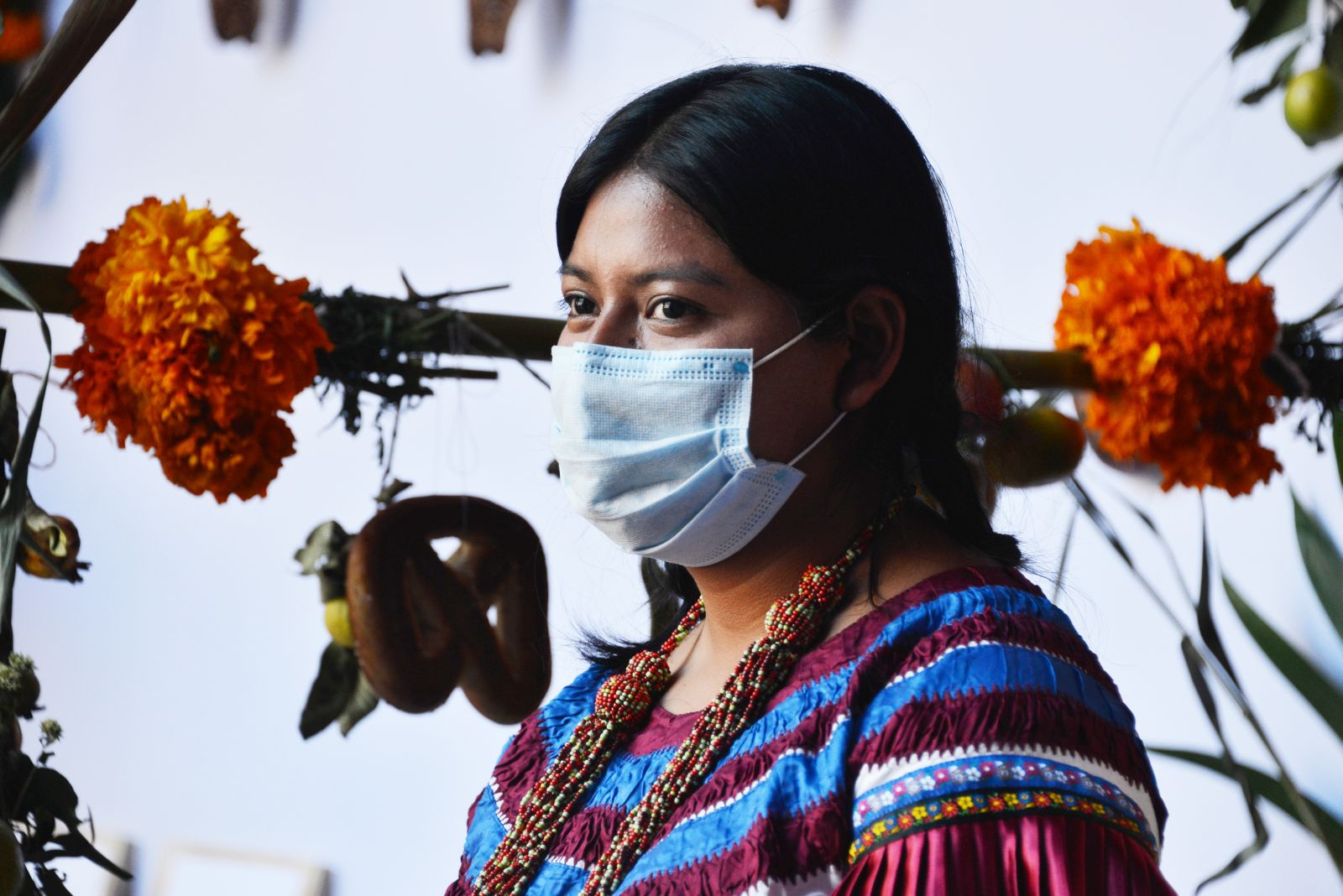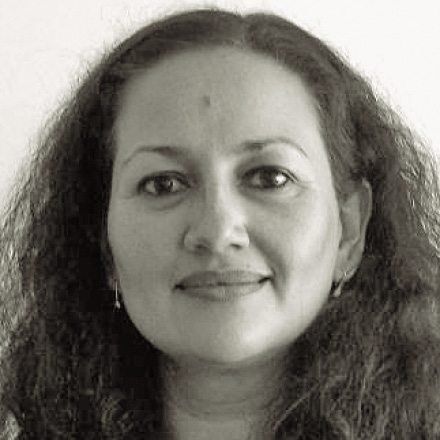Education
The difficulties of becoming an artist
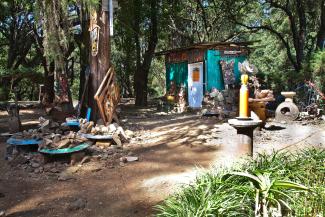
Netsa Arts Village is an artists’ collective in Addis Ababa, Ethiopia. “Netsa” means “free”. The name was chosen with care. Henok Getachew, its coordinator, says the village offers artists a “free space” for unrestrained creativity. Such free spaces for artists are precious and rare in Africa.
There is money in arts, especially music. According to government statistics, in 2011, the South African music industry had a turnover worth 2.2 billion rand, the equivalent of more than $ 290 million. In 2010, the craft sector contributed 3.3 billion rand to GDP, and visual arts accounted for sales worth 2 billion rand. However, such statistics do not mean that musicians, artisans and painters actually earn a living.
Outside of the official radar and recognition, African artists are struggling to encounter spaces in order to create, but most projects have serious funding issues and are rooted in a non-formal environment. The Goethe-Institut South Africa, in partnership with the Institute for Arts Education (IAE) of Zurich University of the Arts, recently published a study about these issues, based on a thorough research in various African countries, with case studies from South Africa, Senegal, the DR Congo and Ethiopia.
The study shows that education, or the lack thereof, is a major problem. Most African artists only have little formal training in their field. Art schools are private and expensive or too crowded. Generally, the schools are cash-strapped. In some countries, there are no art schools at all.
Helmut Vogt is the administrative director of the Senegalese Dance School École des Sables. He says: “You can’t be a school and earn money, especially when the target group is dancers from Africa, who can’t pay for their training.” His school and others depend on outside funding, almost exclusively from western countries. Vogt says that writing applications for securing funds is a major part of his work. According to the study, it is a permanent challenge to preserve artistic independence when one is trying to find the approval of donors. Many creative groups involved in dance, theatre and other arts have to deal with this.
Sometimes, dedicated artists fund education programmes or support groups with revenue they generate through their own work. One example is the Dance and Performing Arts Laboratory Studios Kabako in Kisangani in the DR Congo. Faustin Linyekula, an internationally-known dancer, covers about 90 % of the running costs. To do so, he has to go on tour more often than he otherwise would.
Networking is important too. There are some organisations like the ARTerial Network, a network of African artists. “Collaborations are determined by a certain ethical approach to life and culture”, says Linyekula from Studios Kabako. “I believe in guerrilla networking where we choose to be together.”
Artists also need to travel and develop new ideas. Their most important role, possibly, is to create spaces that open perspectives for the future. Referring to the DR Congo, Linyekula says: “We can be in this country where everything is falling apart and we can still say: It’s possible to be here, it’s possible to imagine things from here and to do things from here.”
Sheila Mysorekar

